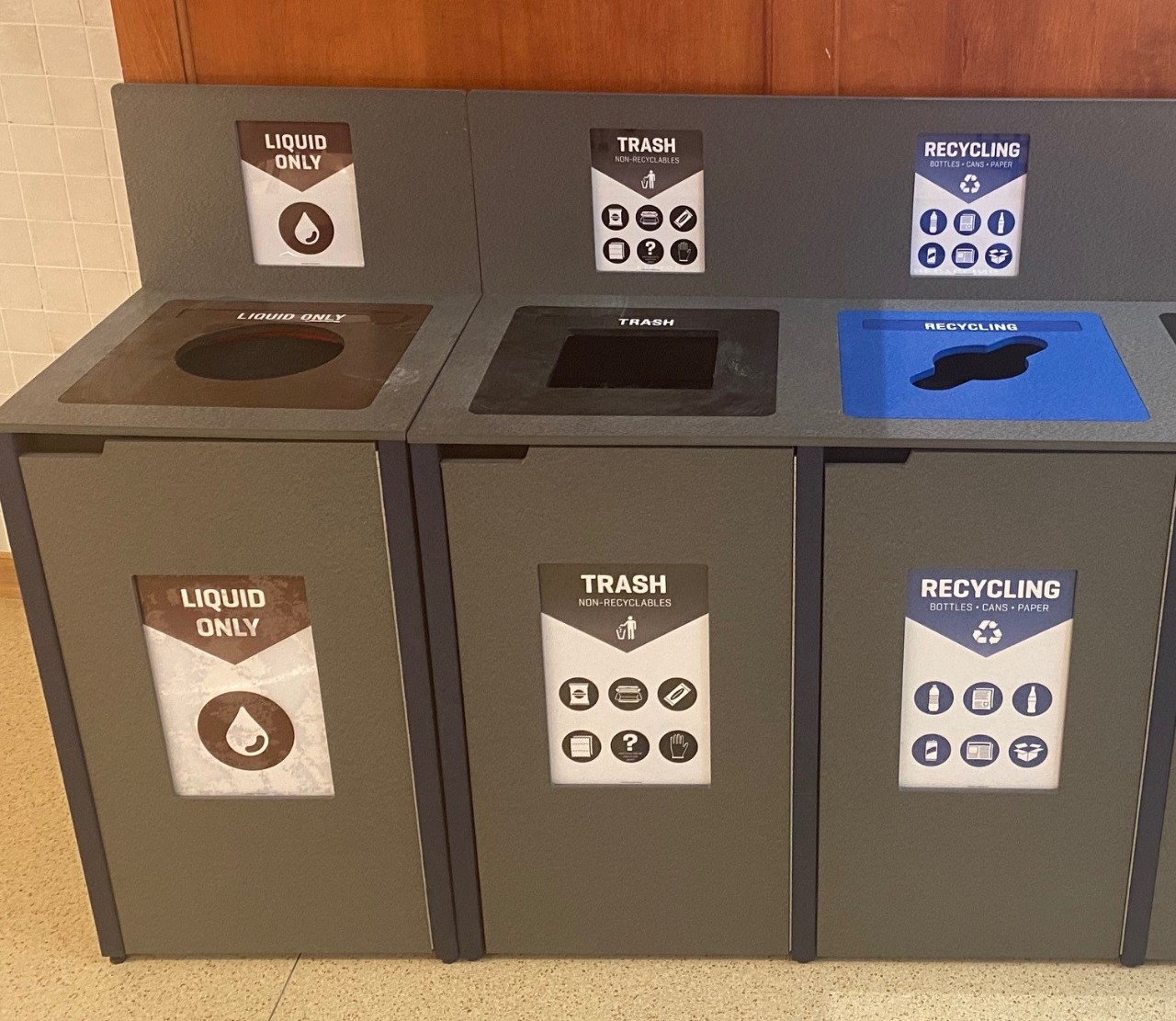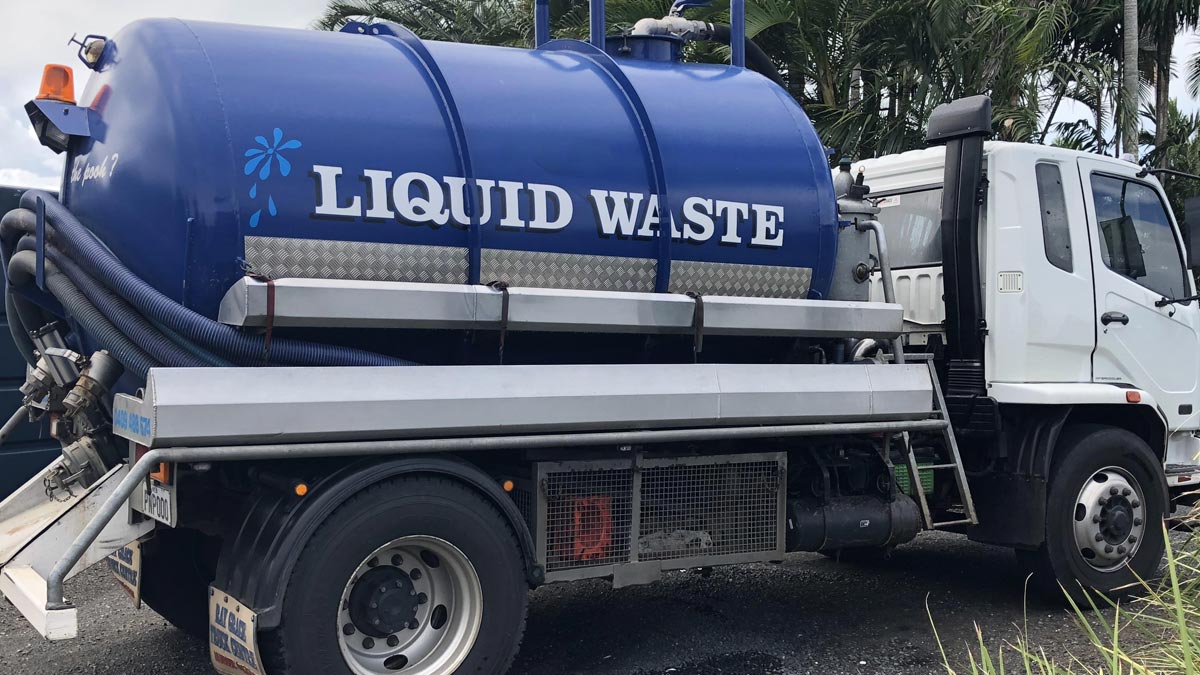Trustworthy Liquid Waste Disposal Melbourne: Safe and Efficient Services
Trustworthy Liquid Waste Disposal Melbourne: Safe and Efficient Services
Blog Article
Comprehending the Comprehensive Process of Liquid Garbage Disposal: Finest Practices and Environmental Impact Factors To Consider
The monitoring of liquid waste disposal is a multifaceted concern that calls for a complete understanding of numerous ideal techniques and their linked environmental influences. From the types of liquid waste generated to the approaches used for collection, therapy, and last disposal, each step plays an important role in guarding ecological communities and public health.
Kinds Of Fluid Waste
Comprehending the various kinds of liquid waste is necessary for effective monitoring and disposal methods. Liquid waste can be generally classified into a number of kinds, each needing one-of-a-kind handling and therapy strategies.
Industrial liquid waste frequently consists of hazardous materials, including hefty steels, solvents, and chemicals, generated during manufacturing processes. These wastes necessitate rigorous regulative compliance to safeguard human wellness and the environment. Residential liquid waste largely describes wastewater created from houses, including sewage and greywater, which, although much less toxic, can still position considerable dangers if incorrectly taken care of.
Agricultural liquid waste, including runoff from ranches, often has plant foods and pesticides that can result in ecological degradation if not treated sufficiently. Clinical fluid waste, created from healthcare facilities, includes infected liquids such as physical fluids and chemicals, needing specialized disposal approaches to stop infection and ecological contamination.
Last but not least, oil and oil waste, usually created by restaurants and auto sectors, can trigger serious blockages in drain systems otherwise managed appropriately. Understanding these categories assists in targeted approaches for therapy, conformity with policies, and effective disposal methods, eventually promoting ecological sustainability and public health and wellness safety and security.

Collection Techniques
Reliable collection techniques are essential for the correct management of fluid waste, making certain that it is collected securely and successfully before treatment or disposal. Various techniques are employed depending on the sort of liquid waste generated, the volume, and the certain characteristics of the waste.
One common method is making use of devoted collection storage tanks or sumps, which are designed to capture fluid waste at the resource. These systems frequently integrate pumps that assist in the transfer of waste to larger storage containers or treatment facilities. Furthermore, mobile collection systems geared up with vacuum cleaner innovation are used in situations where waste is generated periodically or in hard-to-reach areas.
For industrial setups, closed-loop systems can successfully lessen leakages and spills, enabling the recuperation and reuse of fluid waste. It is additionally necessary to train workers on proper collection methods to minimize risks connected with hazardous compounds.
Moreover, carrying out normal upkeep timetables for collection devices ensures ideal efficiency and safety. The combination of advanced surveillance systems can boost collection effectiveness by supplying real-time information on waste levels and prospective dangers. On the whole, efficient collection techniques are foundational to sustainable liquid waste management practices.
Therapy Processes
Therapy processes play a vital function in the monitoring of liquid waste, transforming potentially harmful materials into safe effluents or recyclable resources - liquid waste disposal. These procedures can be extensively categorized into physical, chemical, and biological techniques, each tailored to address certain pollutants existing in the waste stream
Physical therapy techniques, such as sedimentation and filtration, work by getting rid Discover More Here of suspended solids and particulate matter. These methods are often the primary step in the therapy chain, properly lowering the load on succeeding procedures. Chemical treatments include the use of reagents to neutralize harmful compounds, speed up heavy metals, or oxidize natural pollutants, thus boosting the safety of the effluent.
Organic treatment processes, consisting of turned on sludge systems and anaerobic food digestion, take advantage of on the all-natural capabilities of bacteria to break down raw material. These methods are specifically effective for wastewater including biodegradable contaminants. Advanced therapy innovations, such as membrane layer filtering and progressed oxidation processes, are significantly utilized to achieve higher degrees of purification.
Incorporating a combination of these therapy techniques not only guarantees conformity with regulatory criteria yet also promotes ecological sustainability by recuperating beneficial resources from liquid waste.
Disposal Options
How can companies guarantee the liable and secure disposal of fluid waste? Reliable disposal options are critical for protecting public health and wellness and the atmosphere. The key approaches include land incineration, therapy, and disposal adhered to by discharge right into community wastewater systems.
Land disposal involves the mindful control of liquid waste in marked garbage dumps, making sure that it does not seep right into surrounding soil or water. Incineration, on the various other hand, topics fluid waste to heats, transforming it into ash and gases, which call for appropriate filtration to lessen emissions. This approach is suitable for contaminateds materials that can not be dealt with with standard methods.
In instances where liquid waste can be dealt with, companies might go with organic or chemical therapy procedures to reduce the effects of damaging components prior to releasing the you can try here treated effluent into local systems. This course generally straightens with governing demands, guaranteeing that the effluent fulfills safety and security criteria.
Ultimately, companies must perform extensive analyses of each disposal alternative to establish its practicality, considering factors such as waste structure, regulatory conformity, and prospective risks to health and the setting. By picking proper disposal approaches, services can add to a responsible waste administration approach.
Ecological Effect
The environmental influence of liquid waste disposal is a vital consideration for organizations seeking to reduce their eco-friendly impact. Furthermore, the discharge of neglected or inadequately dealt with waste into surface waters can result in eutrophication, leading to oxygen deficiency and the succeeding death of fish and other organisms.

To reduce these effects, companies have to adopt finest techniques such as implementing strenuous waste treatment processes, promoting recycling and reuse, and adhering to regulatory standards. By taking an aggressive method to fluid waste administration, entities can dramatically reduce their ecological footprint while supporting sustainable growth objectives. Eventually, a comprehensive understanding of the ecological influences connected with fluid waste disposal is essential for notified decision-making and liable stewardship of all-natural resources.
Conclusion
Reliable monitoring of fluid waste is crucial for securing environmental honesty and public health and wellness. By embracing best practices in disposal, treatment, and collection, together with adherence to regulative standards, the potential for damaging contamination of ecosystems can be significantly decreased. Continuous advancements in technology and procedures add to lasting waste administration initiatives. Inevitably, a thorough understanding of liquid garbage disposal not just minimizes ecological impacts yet likewise promotes a commitment to responsible source administration and ecological stewardship.
The administration of fluid waste disposal is a complex issue that needs a complete understanding of different finest techniques and their associated environmental effects. From the visite site types of liquid waste generated to the techniques utilized for collection, treatment, and final disposal, each step plays a crucial duty in securing communities and public wellness.The ecological influence of liquid waste disposal is a vital factor to consider for organizations looking for to decrease their environmental footprint. Inevitably, a detailed understanding of the ecological effects linked with fluid waste disposal is crucial for informed decision-making and responsible stewardship of all-natural sources.
Eventually, an extensive understanding of liquid waste disposal not only alleviates ecological impacts yet also promotes a commitment to liable source administration and ecological stewardship.
Report this page